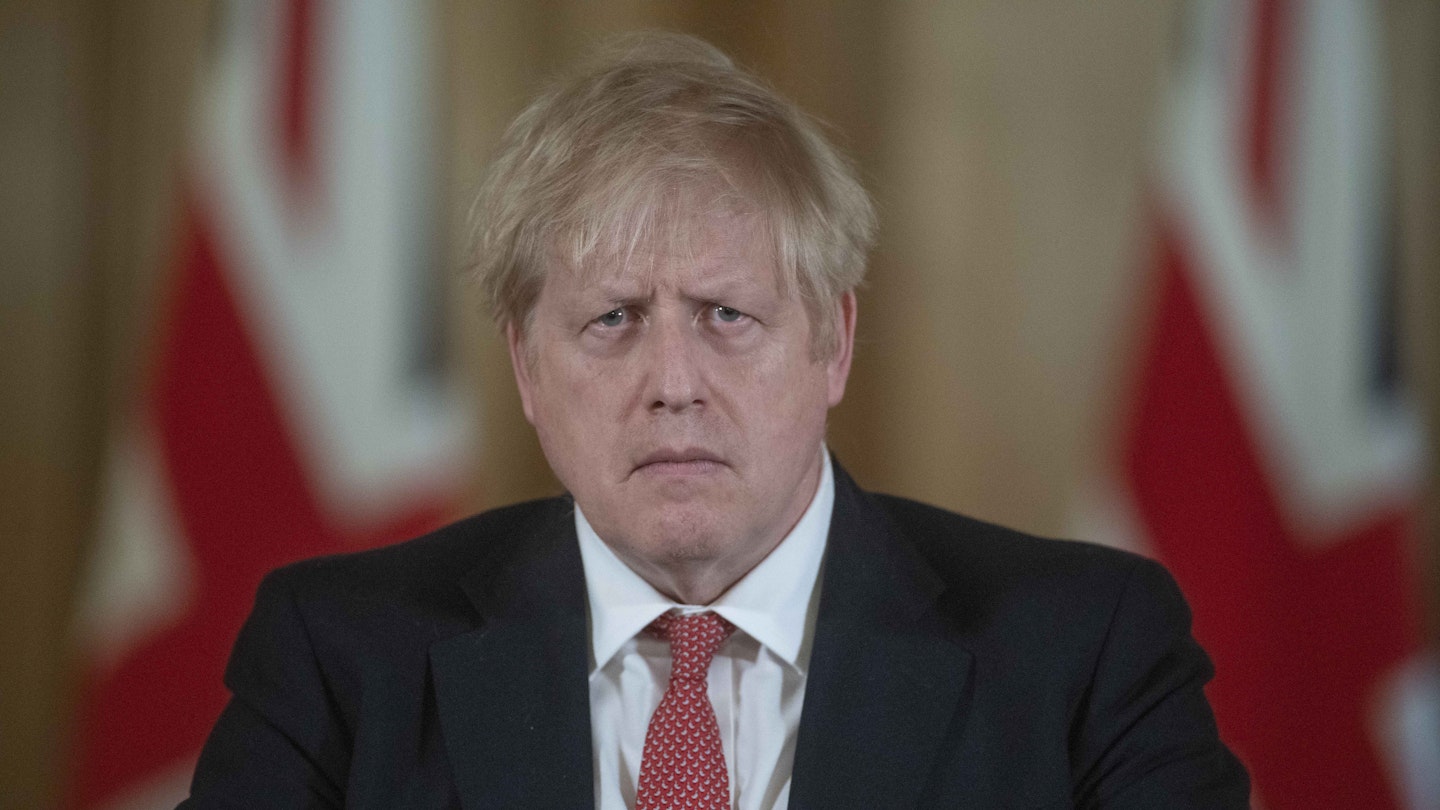Boris Johnson has said he does not support making misogyny a hate crime in a huge blow to Stella Creasy’s enduring campaign to end male violence. In an interview with the BBC, he said that by widening the scope of what you ask the police to do in regards to recording misogynistic hate crimes, you will ‘increase the problem’.
‘I think that what we should do is prosecute people for crimes that we have on the statute book,’ the prime minister told BBC Breakfast’s Dan Walker. ‘I think, to be perfectly frank, if you simply widen the scope of what you ask the police to do you'll just increase the problem. What you need to do is get the police to focus on the very real crimes, the very real feeling of injustice and betrayal that many people feel.’
The insistence on the words ‘very real’ have not been well received, because they appear to imply that the prime minister does not believe misogynistic hate crimes to be ‘real’ offences worthy of legal justice. In fact, if misogyny was recorded as a hate crime, it would give judges the ability to increase punishments around male violence – if the offence falls into a hate crime category – and thus have a direct impact on actual repercussions for male violence.
Right now, the overwhelming majority of domestic abuse cases are not prosecuted, with very few reported to the police ending in conviction, according to Refuge. In the year ending March 2019 – before lockdown resulted in a drastic increase in domestic abuse – there were only 78,624 prosecutions and 60,160 convictions for domestic-abuse related crimes. In that same time period, 1.6million women experienced domestic abuse and 1.32 million domestic abuse-related incidents and crimes were reported to police. This year, it was also reported that fewer than one in 60 rape cases recorded by police resulted in a suspect being charged, a rate of 1.6%.
Boris Johnson agreed that there ‘must be a radical change’ on tackling crimes such as rape, adding ‘there is abundant statute that is not being properly enforced, and that's what we need to focus on.’
However, those campaigning to make misogyny a hate crime have long argued that it would improve the way the police deal with male violence. In fact, it's been proven by pilot schemes across the UK with a small number of police forces in England and Wales already recording misogyny as a hate crime.
This isn't just about criminal law, it’s also about the message it sends that male violence will not be tolerated.
‘Recently, the Law Commission published a consultation paper into their review of hate crime. Their recommendation is loud and clear – a new protected characteristic of sex or gender should be introduced,’ Stella Creasy wrote for Grazia earlier this year. ‘We already know that it works to improve women's safety and tackling crime. Seven police forces across the country, starting with Nottinghamshire, have pioneered this policy and found resounding success. Hate crime doesn’t make anything illegal that isn’t already, but instead ensures that abuse rooted in discrimination is taken more seriously.
‘Recognising misogyny in the criminal justice system would allow courts to take this into account in sentencing crimes,’ she added. ‘Recording this motivation by the police means they can better track and prevent the crimes it causes. Yet this isn't just about criminal law - it’s also about the cultural change taking this seriously generates and the message it sends perpetrators that hostility towards women will not be tolerated.’
Ultimately, it seems Boris Johnson simply does not understand how making misogyny a hate crime would have a ‘very real’ impact on tackling male violence – or he doesn’t care to. After such a series of daunting weeks – hell, years – to be a woman in this country, his words not only offer zero comfort that the government cares to tackle this problem, but instil further fear. If our own prime minister doesn’t think his police force can handle the sheer amount of misogynistic violence in this country, how can we have any faith in he – or anyone – to protect us from it?
Read More:
The Government Apologies For The Decriminalisation Of Rape Isn’t Good Enough – We Need Action
